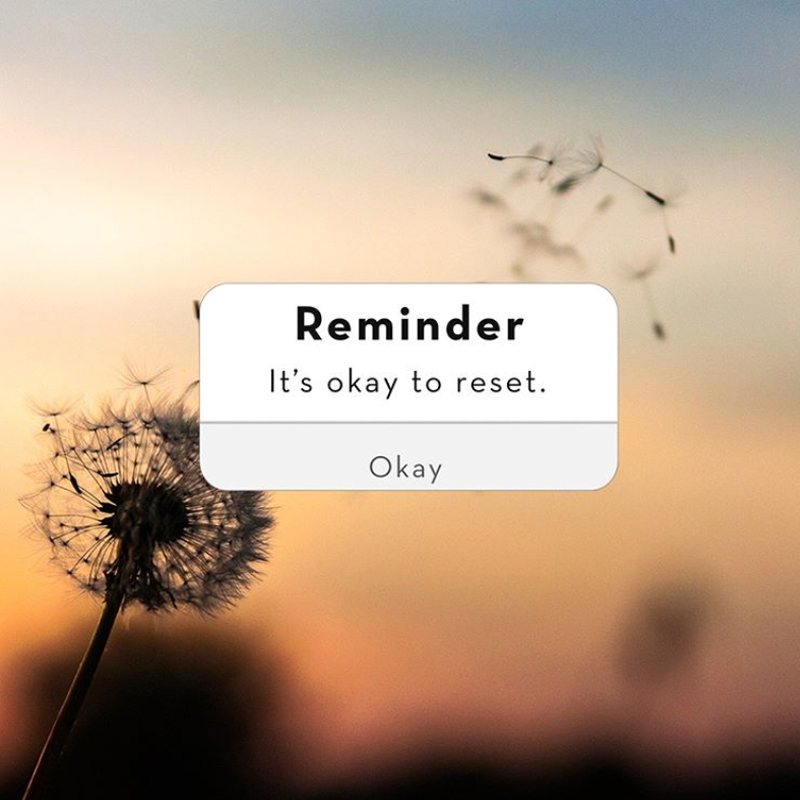Mental Health: Helpful Tools + Strategies For Hairdressers
Mental Health Strategies For Hairdressers
We are living in uncertain times, where instead of doing what we love most, many of us are out of work and facing difficult challenges that greatly impact our livelihoods—but what if we shifted our mindset and found opportunity in this space? Let’s use this time to reconnect with ourselves in the same way we connect and care for our clients.
BTC Founder Mary Rector (@marybehindthechair) went live on Facebook with emotional wellness expert Miles Adcox (@milesadcox), Owner and CEO of Onsite Workshops, to talk about mental health in an uncertain world.
Watch the video below for helpful insight, tools and strategies!
Here are some important takeaways:
1. Recognize your current reality.
Three things people fear the most:
- Being isolated.
- Being out of control.
- Looking at an unpredictable future.
Right now we are facing all of these fears—some days are filled with hope and optimism, and others with fear and uncertainty. “There has never been a more trying time and a more beautiful opportunity for us to reconnect to who we are becoming as humanity,” shares Miles.
Remember this: This stress is a normal response, says Miles. We don’t heal what we don’t feel.
2. Value yourself as a person, not just your profession.
- “We sacrifice a lot for the sake of our self esteem,” shares Mary. “So much of our self worth is built into our work—built into giving, helping and taking care of other people, and you can’t do that right now.”
- “We are human beings, not humans doing,” adds Miles.
- Ask yourself, am I really okay? “True artists are empaths, who have a way of opening up the door for people to offer their pain,” shares Miles. “You’re not trained to know what to do with that pain.”
- “You now have moments where you are quiet, and this can be scary, but these are moments where you can take stock of who you are and ask these bigger questions,” adds Mary. “If you realize you aren’t okay, you can acknowledge that.”
3. Reconnect with yourself.
Connection is the ability to be seen, heard and valued. You already do this every day for the people who sit in your chair—try it for yourself with this excercise.
- You have the opportunity to own your reality. Grab a journal and take inventory with a self assessment.
- See what you’re willing to own about your reality without any shame.
- Find one safe person to share it with who will not try to advise you, but sit with you and connect.
Remember: “Don’t forget that you’re allowed to not be okay,” shares Mary. “When you can say you’re not okay, your vulnerability gives you humanity and allows to develop closer relationships with people.”







